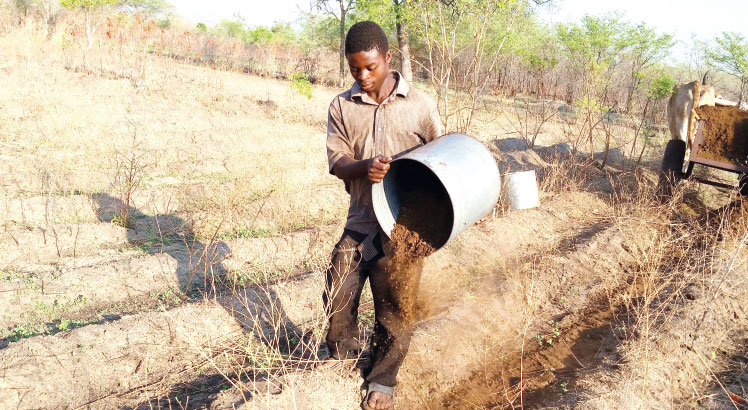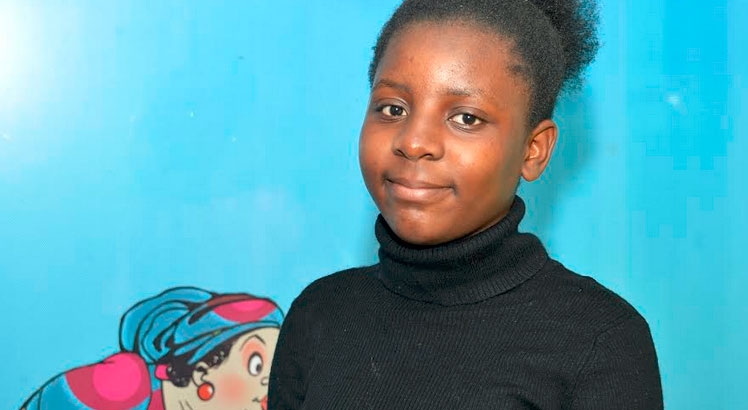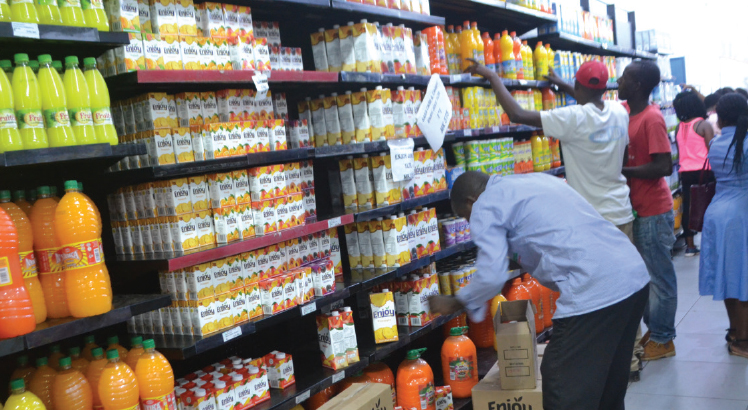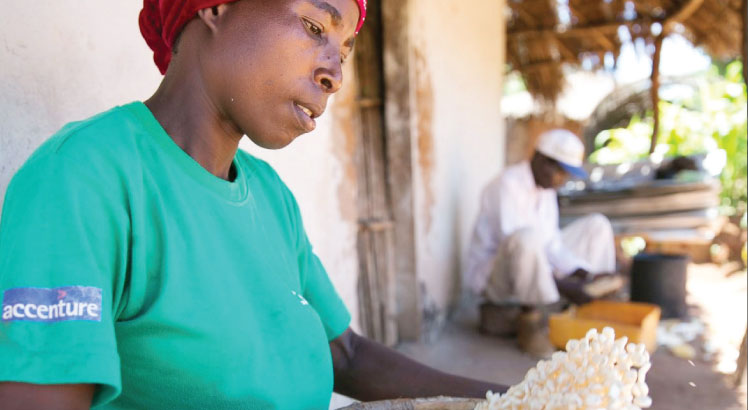50 years and still hoping
Writing on the passing of Lee Kuan Yew, Singapore’s first prime minister who held his country in an iron grip for 31 years, Marcus Gee is as brutally honest as can be to assess the impact he has had not only on his country but on the world that is keen to sing his praise without looking at his faults.
“Praise for Lee Kuan Yew, who died on Monday at the age of 91, is coming in from around the world. Just about everyone agrees he did marvels for his country, transforming Singapore from a swampy colonial port to an economic dynamo in the course of a generation. What he did for the world was less admirable.
“His main contribution was to legitimize the idea that you can have progress without democracy, at least the kind with a robust opposition, critical press and changes of government. Mr. Lee was prime minister of his city-state for 31 straight years, brooking little dissent,” writes Gee in the online version of the Globe and Mail.
Singapore attained its independence from Malaysia in 1959—five years before Malawi got hers from Britain in 1964—impoverished and in need of political and economic direction. But while Lee took his country on a trajectory of development from an impoverished nation to an economic giant in the world, Malawi (and many African countries that got their independence around the same time) were being dragged on a different path: to eternal poverty.
Perhaps Lee’s dictatorship was the heavy price his people had to pay for the leadership direction that brought them development. Curiously, he was not shy to defend his leadership style, reportedly saying: “The exuberance of democracy leads to undisciplined and disorderly conditions which are inimical to development.”
While Malawi had no democracy or change of government to write home about or an internal opposition and a critical press to be proud of, that did not translate to development from 1964 until 1994—even up to now.
Instead, while Lee was transforming his country as he crushed a dissenter here or muzzled the press there, Malawi was under the ruthless hand of a despot who was given to boast about Malawi’s supposed star rating among the international financial institutions that translated into zero-development. The people of Mwanza and Neno, whom he insulted as literary naked, are now clothed but their threadbare attires are barely clinging to their malnourished bodies.
Fifty years after that supposed independence, we are far from developed and still dependent on the mood swings of our development partners.
Perhaps, it is a situation not lost on President Peter Mutharika who has set out his lofty ambitions to move Malawi from a donor-dependent country to a fully independent entity within five years. I would dare him to do that; he would earn everyone’s respect.
One hopes he won’t suffer from the same affliction that was his brother’s undoing who celebrated non-issues as pointers of development—perhaps too prematurely.
We still have a long way to go. Malawi won’t develop and wean itself off donor-dependency if people with political connections are allowed to run down a robust institution such as Malawi Savings Bank for their selfish ends. We won’t get there if we believe that the resumption of aid by the IMF calls for a celebration.
It should call for a reflection about how, 50 years after independence, we are still dependent on the goodwill of others for our survival and what passes for development. n





